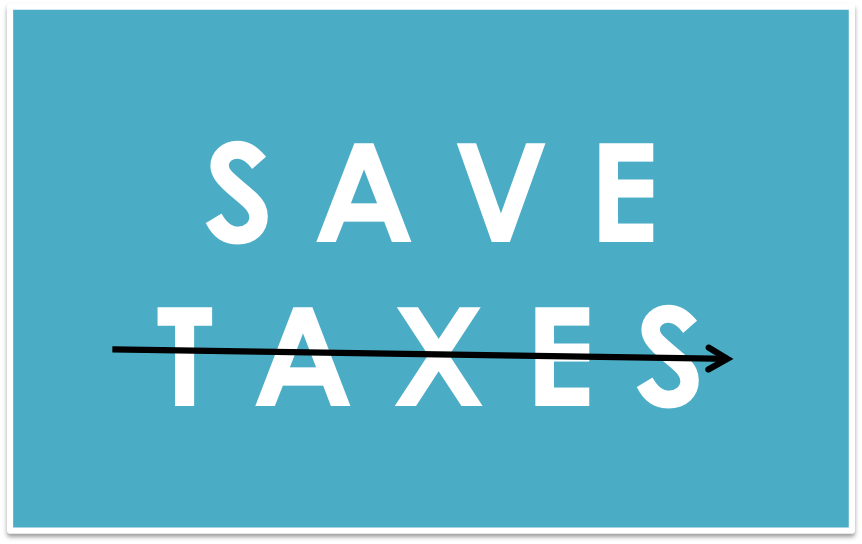Despite all the advice to the contrary, it is highly likely that you are one of those who will soon be scrambling around to make your tax saving investments. Because if you don’t, you will see deep cuts in your take home salary.
So, what should you do?
Don’t let your hard earned money suffer from tax cuts. Make the most of the available time and exercise your options.
Here are some inputs about tax saving investments plus some warnings.
Suddenly you will see the neighbour uncle who is also an agent, colleague’s friend, and your banker, all chasing you with a new found respect. Learn to say NO.
Say NO to investments through insurance. No to Money Back, no to Endowment, no to ULIPs. Steer clear of any pension plans being offered to you – they are wolf in sheep’s clothing.
If you want safe, assured returns, you can consider PPF, completely tax free at every stage. However, that comes with a longer lock in period. 5-year Bank FD is an option too but the interest is taxable.
If you want a market linked investment, opt for tax saving mutual funds or ELSS.
All of the above investments qualify for tax exemption under section 80C of IT Act. The limit is Rs. 1.5 lacs per year. Even if you invest more than Rs. 1.5 lacs in each of the above, the total benefit would be limited to Rs. 1.5 lacs only.
For your life insurance, stick to term plans. This also qualifies for tax benefits under Section 80C.
If you haven’t got yourself covered with health insurance, it is time to buy now. Here are some health insurance plans you can look at. (Tax benefit under Section 80D)
You can also buy accident and disability insurance, though that may not be counted for tax savings. It is highly useful for your financial protection though.
Should you invest in NPS or National Pension Scheme?
There is extra 50,000 you can invest under section 80DD. The logic used to rationalise is that there is an immediate 30% tax saving benefit (assuming you are in the top tax paying bracket). However, you should take into account not so good things too.
The biggest issue is that NPS does not allow you to take out your final maturity amount in full. Upto 60% of the corpus can be withdrawn, out of which 40% is tax free. You have to compulsory take an annuity with 40% of the maturity amount. However, the annuity payments are added to your taxable income every year. In that sense, NPS is only an investment that defers your tax to a future period. Read why I did not invest in NPS here.
Tie your tax saving investments to your goals
Remember, in investing math too distance = speed * time.
To get a sense of this, here is a retirement calculator that you must use. You will come to know how much you need to save for your retirement. There are 9 scenarios based on expected return and the rate of increase in your savings over the years.
It is important to keep in mind your goals and your asset allocation. Together they decide which tax saving investments make sense for you.
Finally, plan your cash flows to enable you to make these investments.
Between you and me: Have you completed your tax savings? How do you approach your investments for tax savings? Whose advice do you rely on? Looking forward to read your comments.
